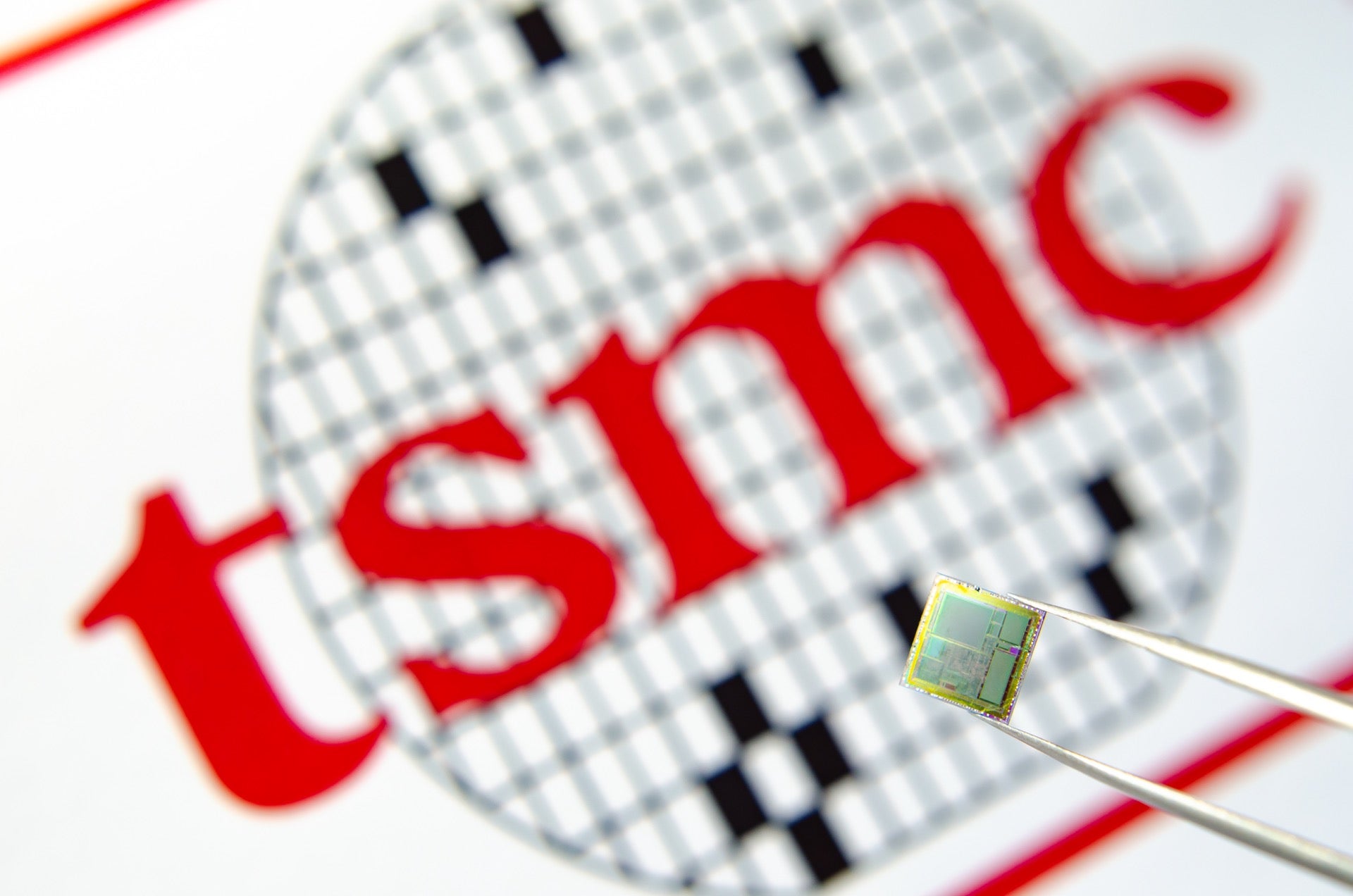
The global semiconductor shortage will cost carmakers $110bn in lost revenue in 2021, according to market analysts. The news comes as South Korea’s government announced a $451bn support package for the country’s semiconductor industry and Taiwan Semiconductor Manufacturing Co (TSMC) reportedly exploring heavier investments into its US-based chip factories
The automobile industry has already suffered because of the global semiconductor shortage. However, things may become worse than expected if various outlooks become true. AlixPartners’ previous projection estimated that car manufacturers would lose out on $61bn in revenue this year because of the chip squeeze. The consultancy has now updated its estimates, believing the industry will miss out on $110bn over the period, Reuters reported.
AlixPartners advised automakers to adopt a more proactive approach to safeguard their supply-chain against future chip crunches. The consultancy also urged the car industry to develop direct relationships with semiconductor makers.
The industry has been reluctant in the past to make such long-term commitments due to the associated financial liabilities involved, but AlixPartners argued that this year has made it clear that the risk of future supply scarcities is even greater.
Verdict has previously reported how brands like Tata Motors’ Jaguar Land Rover and BMW-owned Mini have at times halted production of new vehicles as a result of the chip scarcity. However, the car industry is not alone in feeling the squeeze.
Smartphone, tablet and other gadget manufacturers using chips are also struggling because of the paucity of resources. For instance, Apple expects to miss out on up to $4bn in sales this quarter because of it while Samsung has said it’s also experiencing disruption to its production because of the global semiconductor shortage.
How well do you really know your competitors?
Access the most comprehensive Company Profiles on the market, powered by GlobalData. Save hours of research. Gain competitive edge.

Thank you!
Your download email will arrive shortly
Not ready to buy yet? Download a free sample
We are confident about the unique quality of our Company Profiles. However, we want you to make the most beneficial decision for your business, so we offer a free sample that you can download by submitting the below form
By GlobalDataSamsung may be able to catch its breath somewhat, though, thanks to the South Korean government announcing a $451bn support package to help the nation’s semiconductor industry weather the storm, The Register reported.
The Seoul-headquartered firm would be one of the over 150 semiconductors companies that would qualify for the programme.
The government also plans to raise tax deduction ratio for semiconductor R&D from 30% to 40% and aims to double deductions for facility investments to 6%.
Incidentally, the news follows an announcement from Samsung that it would invest over $151.4bn into its own semiconductor business to accelerate development of new chips and the construction of a new production facility. The investments into its System LSI and Foundry businesses would run through 2030.
“The entire semiconductor industry is facing a watershed moment and now is the time to chart out a plan for long-term strategy and investment,” said Kinam Kim, vice chairman and head of device solutions division at Samsung Electronics.
President Joe Biden announced a similar $50bn support package for US-based chip manufacturing this week. The package is pending senate approval and would be put to help businesses overcome the global semiconductor shortage.
If actioned, Samsung is also likely to be one of the industry stakeholders to compete for a slice of the US subsidies. Other potential recipients include Intel and TSMC.
The news comes as TSMC is exploring opportunities to up its previous commitment to invest into cutting-edge chip factories in the US by “tens of billions of dollars”, according to sources familiar with the matter speaking with Reuters.
The semiconductor manufacturer had previously announced plans to invest between $10bn and $12bn into a facility in Phoenix. The factory has previously been said to be the first of six planned plants.
The first plant on the site would reportedly produce 5-nanometer chips. The added cash injection from TSMC could be put to upgrading subsequent plants to enable them to produce more advanced 3-nanometer chips.
This would be more costly, hence the added investment. Reuters‘ sources estimated that the more advanced facility could cost between $23bn to $25bn.







